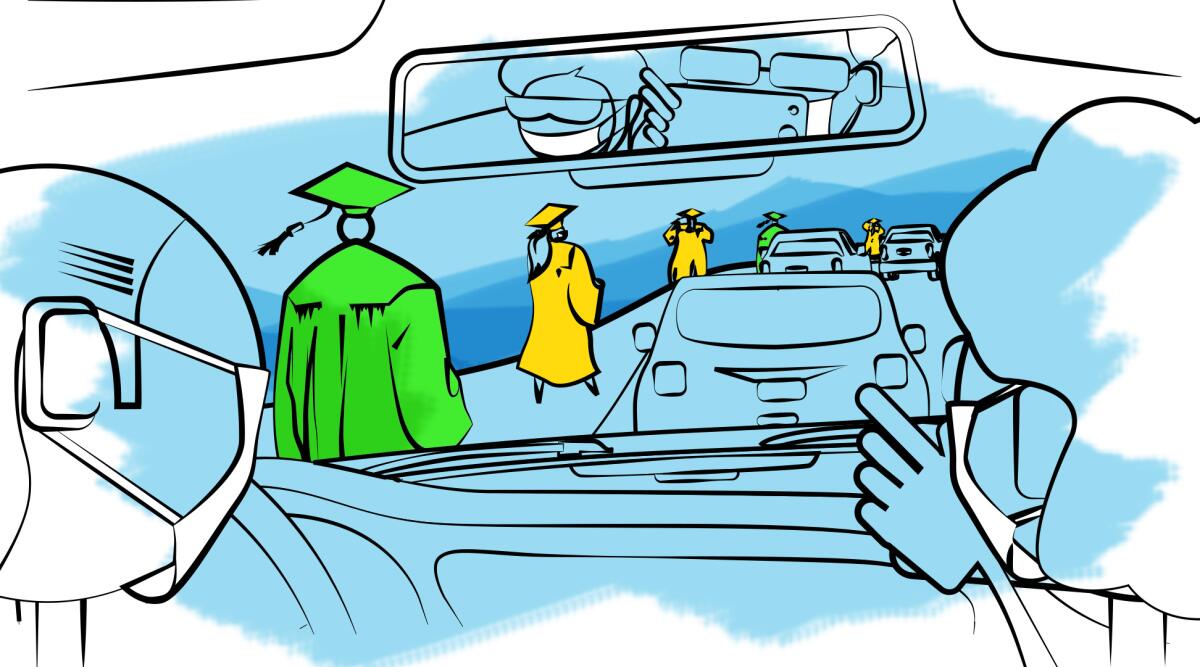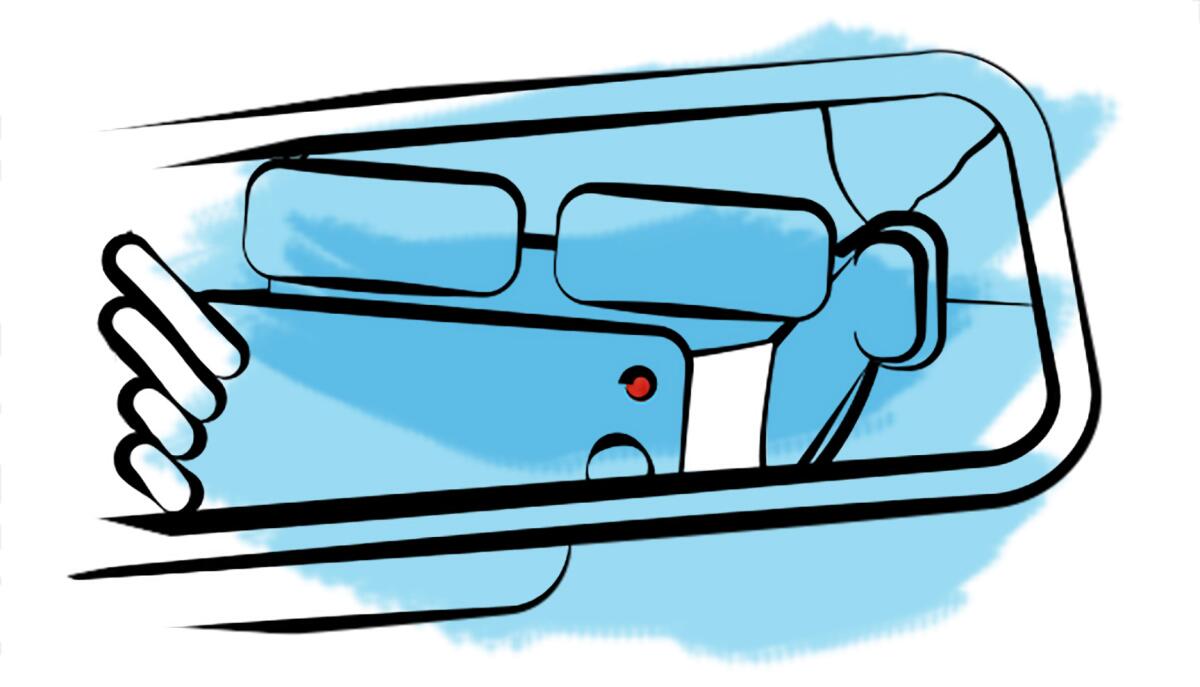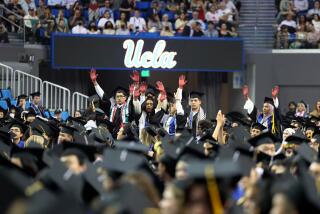What a drive-through graduation experience is like

Although the COVID-19 pandemic has kept California schools and colleges closed since March, it has not stopped students from continuing their education or experiencing their graduation. The state’s restrictions on large gatherings means that graduation ceremonies have been different from others before them. Theirs will be either a virtual or a drive-through graduation.
Traditionally, graduates get to sit next to their classmates dressed in their caps and gowns while their family and friends observe from a distance. A two-hour event is filled with inspirational messages from keynote speakers and a valedictorian, mixed with uplifting and celebratory music from the band. Graduates walk up one by one to the stage to receive a congratulatory handshake from the principal and cheers from classmates and loved ones. In the end, the class is presented as a whole and then a burst of caps go up in the air, symbolizing completion of one chapter and the beginning of the next one.
The coronavirus outbreak changed all that, and, depending on whether counties have met benchmarks set by the state, school districts have been offering virtual and even drive-through graduations. Although the state will start allowing schools to reopen on Friday, Los Angeles County is not close to meeting the state’s requirements to lift restrictions. Schools in the L.A. Unified School District are limited to online graduation ceremonies only.
In Riverside County, some schools in the Coachella Valley School District have been able to do drive-through graduations with social distancing and limited crowds, making the experience different and unique. Such is the case for seniors like Lexander Ortega, who graduated last week from Coachella Valley High School.
Strategies to keep everyone safe included having graduates arrive at different times, based on their last names. One by one, cars drove onto the grounds of the Empire Polo Club in Indio. At 9:45 a.m., Lexander and his family, like other families, slowly drove up to the first station of the graduation staging. Lexander got out of the car wearing a cap, gown and face mask.
Lexander walked over and took his place in line six feet behind a classmate. The line moved up while his mother Sonia, oldest sister Sonia “Sonitos” and father Miguel remained in the car. His father slowly drove along as Lexander walked. “This feels like a drive-through restaurant or a drive-in,” said his sister.
His mother recorded with her cellphone from inside the car.

There were no speakers or live band, but recorded music played in the background. With a fast pace, this ceremony did last not the traditional two hours, but just about 10 minutes. “We didn’t have time to wait,” says Lexander’s mother. “There was just that very short moment of joy” when her son’s name was announced and the principal shook his hand.
Applause from school administrators and cheers from volunteers were heard. The family cheered from their car. Lexander smiled under his face mask.
He posed momentarily for a photo with the principal. He made a peace sign. He then proceeded to the last station for individual photos, the family following along closely in the car. Large green and yellow “C” and “V” letters, for Coachella Valley, were propped as a backdrop. Lexander was allowed to remove his mask here. Rose bushes and the club’s lion sculpture slightly obscured the family’s view.
He joined his family in the car, where he was congratulated and cheered once more.
The Ortegas’ drive-through graduation experience was complete. It was now 9:54 a.m.
Under different circumstances, graduates would be celebrating with their friends and loved ones, taking pictures and spending more time together. Here, large group gatherings were banned. “It’s very common to be with friends that you know. It was weird not being with your friends or throwing caps in the air,” says his sister Sonia.

Like many families picking up their new graduates from drive-through ceremonies, the Ortegas’ reactions to the experience were a mix of wishfulness and gratitude. Many graduates couldn’t celebrate with their friends because of the different time slots and social distancing. “I didn’t see my friends. Felt happy, good experience. Wishing there was an actual graduation, but glad that they [school] had an idea and went for it.” says Lexander.

Lexander’s mother was grateful. “I wanted the moment to last longer, but grateful they had something. Some people didn’t get anything.”
Later, Lexander connected with his friends over the phone.
Despite the pandemic, many schools and colleges have been able to offer their graduates selected moments of the traditional rites of passage.
“I wish it could have been different, but in a way it is unique. Something they could tell their grandkids,” — Sonia says.
More to Read
Sign up for Essential California
The most important California stories and recommendations in your inbox every morning.
You may occasionally receive promotional content from the Los Angeles Times.











